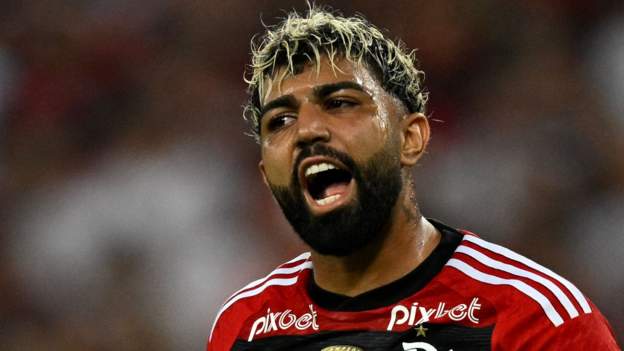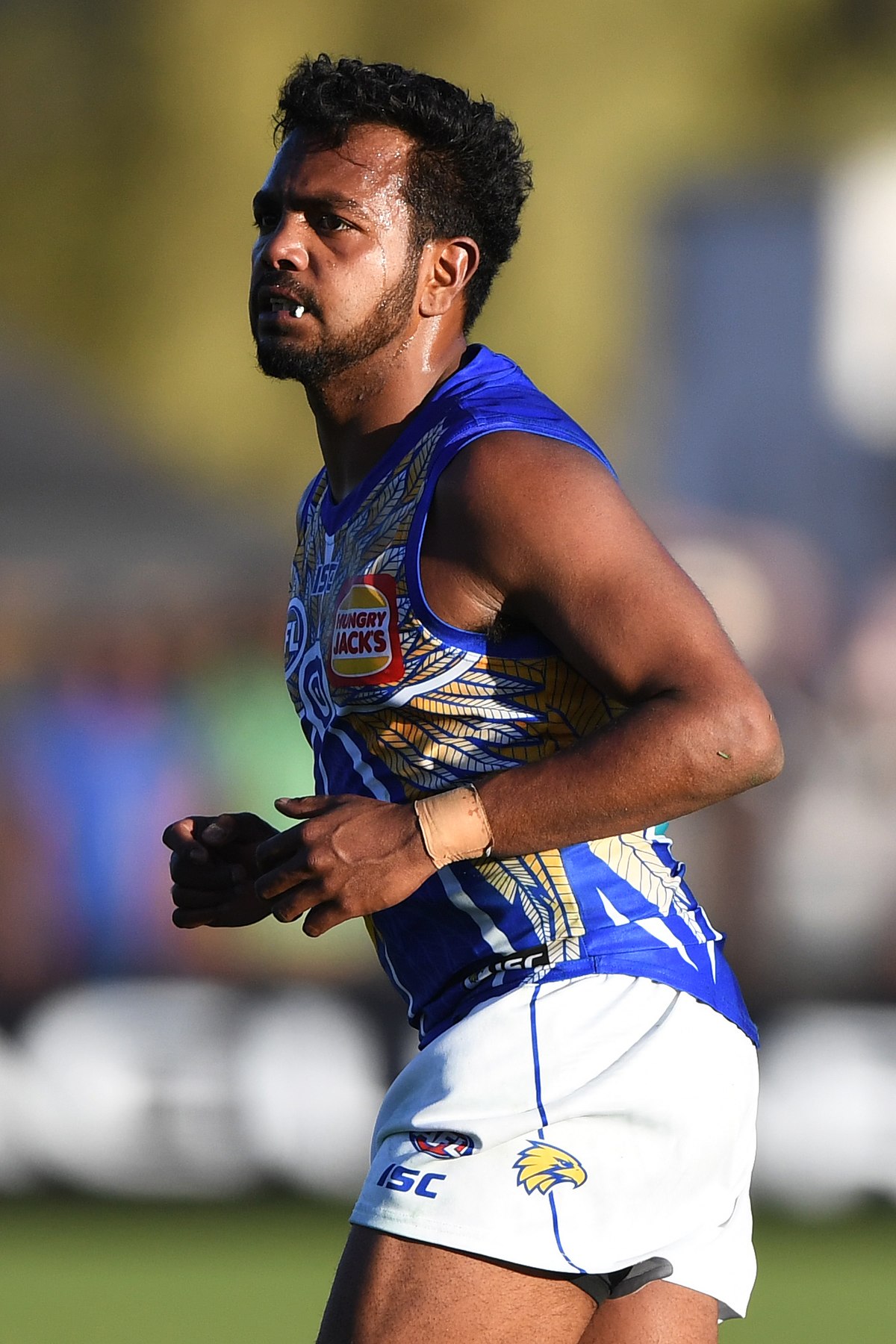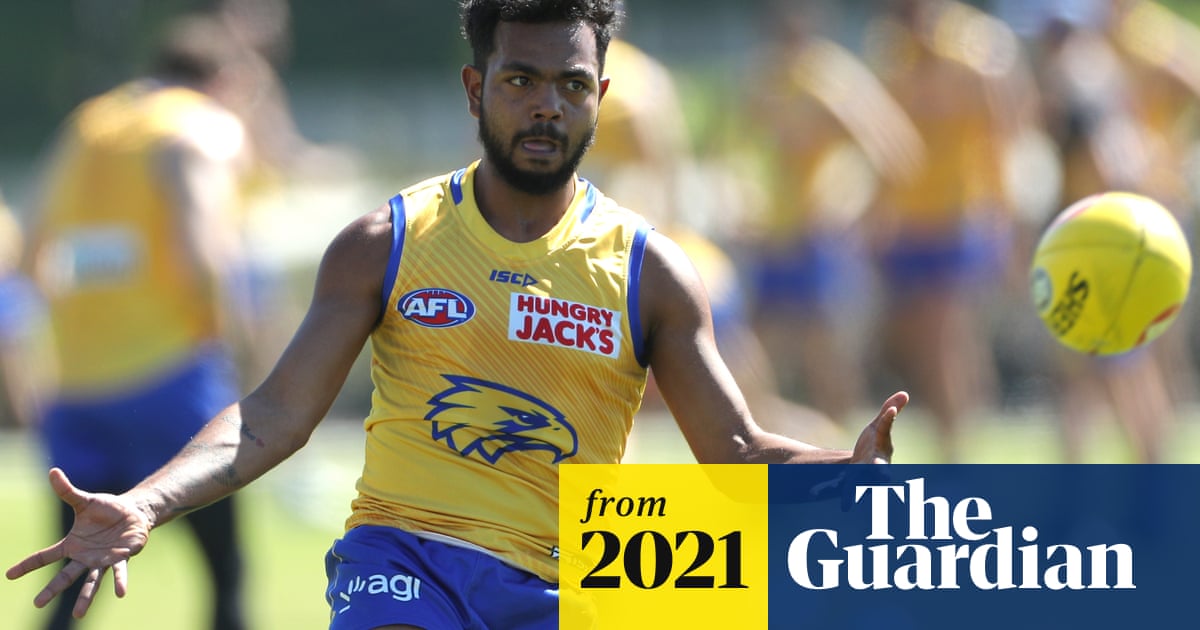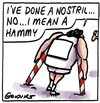GremioPower
Taking notes of policy re: bikini/lingerie images
- May 26, 2017
- 20,969
- 43,222
- AFL Club
- Port Adelaide
- Other Teams
- Grêmio, DC United, Pistons
Happy CrowSports Integrity Australia is an oxymron like Military Intelligence or the genius of Ken Hinkley.
—
Seriously now, but not much, Brazilian striker Gabriel (Flamengo) just got suspended for attempted anti-doping fraud.
He didn’t want to pee in front of the person collecting the samples. Basically, that’s a two-year suspension for hiding his d*ck.

Brazil's Barbosa banned for anti-doping fraud attempt
Flamengo and Brazil striker Gabriel Barbosa is suspended for two years for attempted anti-doping fraud.







